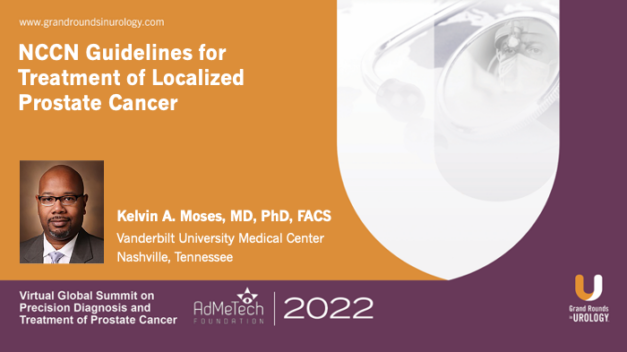Surgical BPH: 2024 Updates and Where Are We Going
Nicole L. Miller, MD, FACS, delivers an incisive update on the surgical management of benign prostatic hyperplasia (BPH). In this 11-minute presentation, Dr. Miller outlines the current AUA guidelines, highlighting a broad spectrum of treatments tailored to prostate size. Trends in national data reveal that transurethral resection of the prostate (TURP) remains the dominant procedure, while minimally invasive options like UroLift have gained substantial traction.
Dr. Miller discusses emerging technologies, including the OptilumeⓇ BPH System. She also reviews promising data on MRI-guided transurethral ultrasound ablation (TULSA). Advanced laser techniques, particularly holmium pulse modulation, and thulium fiber laser, are explored for their efficacy in enucleation procedures, showing advantages in operative time, hemostasis, and same-day discharge rates. Miller highlights evolving techniques like en bloc enucleation with early apical release. A brief discussion on robotic-assisted simple prostatectomy includes recent shifts toward single-port approaches.
Dr. Miller stresses the importance of aligning treatment with patient preferences and quality-of-life goals, emphasizing shared decision-making as central to optimizing outcomes in this rapidly advancing field.
Read More




